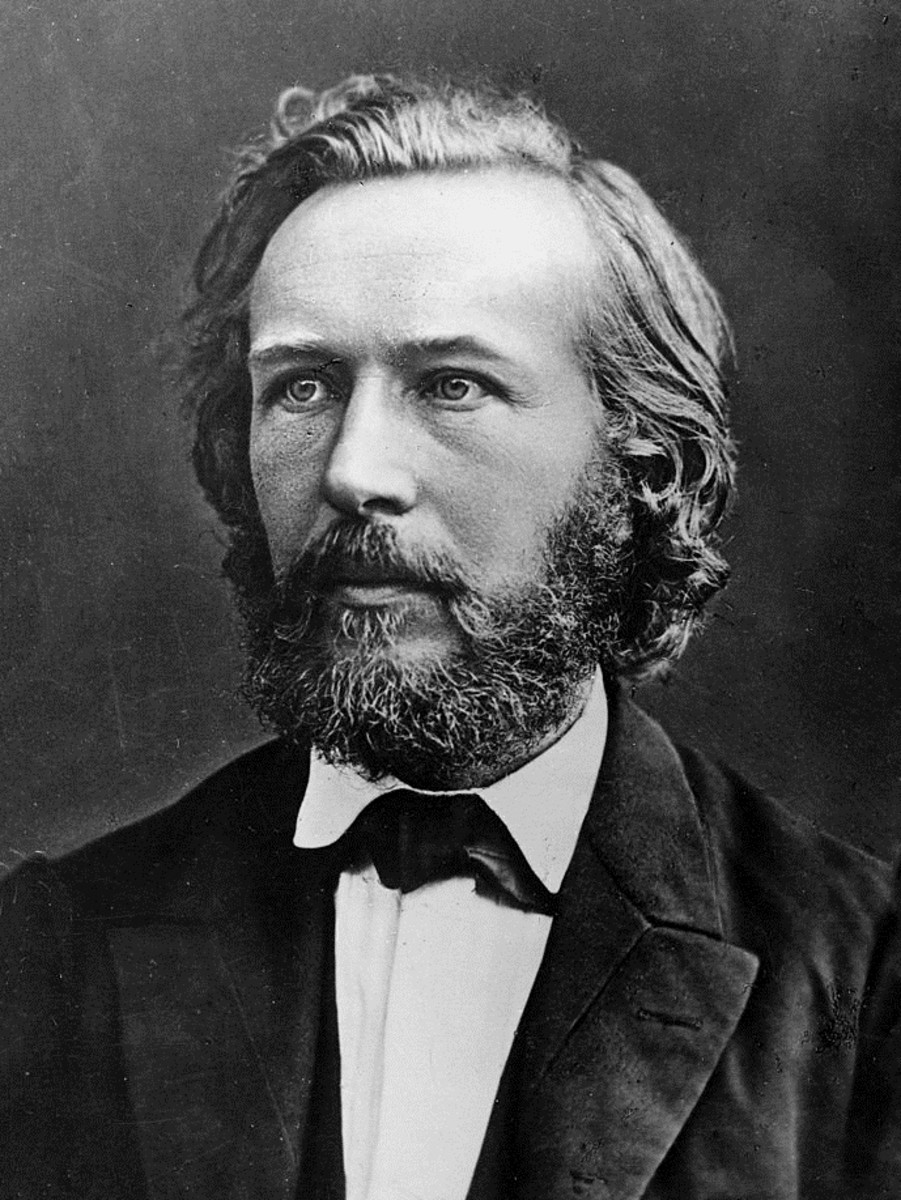How to Excel at University When you Didn't at School

Keep Reading
It can be tiresome for some, however reading can dramatically increase your concentration, vocabulary and literary skills. Don't just stop at the assigned subject material, read as much as you can around the subject and even take in the returning arguments.
This will help you with essays and project work, and give you that cutting edge in debates and discussions as you have a broader and much more thorough knowledge of the subject.
It can also help to read for leisure. Throughout university I kept up my fantasy fiction reading, and having this mental break from scientific papers and theses helped me relax when stressed. It will also help to keep your creativity high.
Ask For Feedback
As soon as I found the confidence to question the professors' grading of my assignments, my grades went higher. Organising a discussion with the professor to go over my assignment helped me to fully understand how they were marked, and what I needed to do specifically to increase my grade.
University teachers have piles and piles of marking to do, so when yours comes along don't expect them to have focused 100% on it. You can ensure that your essay or thesis or lab write-up has been thoroughly assessed if you have them look over it again with you. This will also help for future assignments as professors remember your work and your enthusiasm for a higher grade.
Don't Only Study in the Library
Although its where all the books are, the library can get too busy around exam season for you to properly focus on your work. This may not be the same for every university or college, however go to your subject building and find a quiet place to revise there, in my case one could often find a whole room to themselves!
Alongside more space and a quieter, less stressful atmosphere, studying in your department building has another perk. You will be close to your lecturers and their discussions on the upcoming exam, and will be able to catch up with them in the hallways. Here you have opportunities to further convey your desire for a high grade, and show them how hard you are working to achieve it. They may even give you some advice for the exam...
Join a Club
University is a great place to make friends and one of the best ways to meet people with similar interests to yours is joining a club or society.
At university I joined the Mountaineering Club as their hiking trips to the remote Scottish Highlands seemed to me like welcome breaks from city life. This also helped with my Geography study, as I could see processes I had learnt in lectures in action outside. Having an extra-curricular interest in something where you can test and practice what you've learnt will help to boost your enthusiasm and subsequent attention in lectures, seminars, labs, and so on.
As soon as you are able, becoming a committee member of your club is another valuable experience not to miss. Through this you can gain transferable skills such as leadership, time management, and even project management. These will stand you in good stead for a successful future career.
Question Your Professor
Through your extra reading, you will be able to contest points the lecturer may make. Don't be afraid to put your hand up and ask them "Could the reverse not be just as likely?" or "I read a paper that stated..." This will further show your professor that you are a keen learner and are fully applied to the course. For them, this is a great payback as teachers can often get demoralised if they feel their students aren't also putting in the work to learn.
Learn Something Different
If your degree is in Biology, why not also take a course in Anthropology, or Spanish? Learning something of a different subject to your major will help to keep your mind fresh and increase your skill-set for the graduate world.
If there are no jobs available with your degree, you will be able to use your other learning to get your foot in the door. In addition to this, you will have a much broader sense of the world upon graduation and a clearer idea of what you can set your mind to. I was never great at maths at school, with teachers even thinking I had Dyscalculia, however in my first year at university I successfully completed modules in vulcanology and physics!
The processes and problem solving techniques I learnt in those courses stood me in good stead, as I was able to apply them in others. They also helped me to assess problems objectively, and from my anthropology classes I could additionally draw on subjectivity to find the best way of solving it.
Thank you for reading this article on excelling at University. If you would like to post your own advice or experience, please do so in the comments below.








